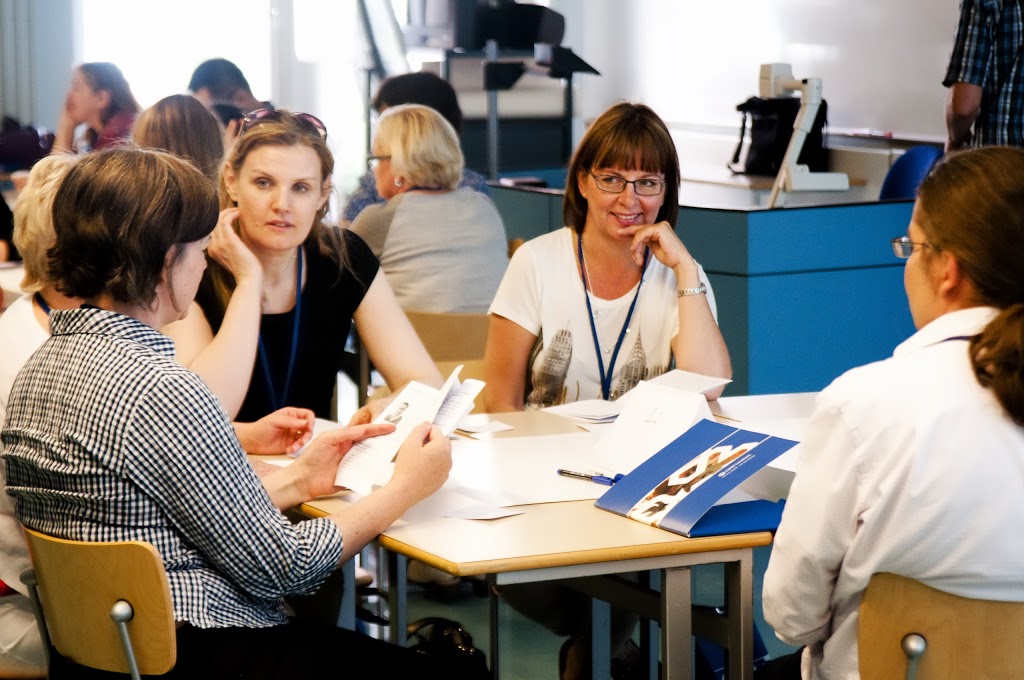FINELC Roadmap

Photo: Creative Commons
THE FINELC ROADMAP
FINELC has chosen two main objectives for immediate development as outlined below.
1. Research-based development of teaching methods and materials
One of the core tasks of language centres is the research-based development of teaching methods and materials. In this way the quality of teaching can be ensured. This development is being done both at the level of the language centre and also at the level of the individual teacher. This approach is founded on the widely held principle of teachers are also researchers and researchers are also teachers. We argue that only through this research-based approach can language centres achieve exceptional teaching quality and learning support.
At the level of individual language centres, research and development can be seen as developing the curriculum and instruction offered. One key objective for the pedagogical and academic management of language centres is the extensive reform of courses offered by them, stemming from the fact that the learning event is more significant than the teaching event. Training should utilise learning paths (integrated with each student’s major), aim for flexible structures, and respond to the language and communication needs of working life. Developing new teaching materials and utilising educational technologies are also pertinent aspects.
The research and development activities outlined above can be observed in a critical overview of theoretical foundations of development projects in teaching and other activities, in project planning and in implementation. Research and development can also manifest itself in the form of dissertations, scientific publications and presentations, and other documentation.
At the level of the individual, modern education is essentially about being a collaborative and networked professional (analytical approach to and development of one’s own work). It is aimed at promoting language, communication and learning-to-learn skills in students. This requires the ability to create new pedagogical models, materials and tools and to recognise differences between learners.

Photo courtesy of University of Lapland and Julius Chávez
2. Internationalisation
It is important that LCs provide their support for the ongoing strong internationalisation process taking place at Finnish universities. Multilingualism and multiculturalism are such a natural and organic part of the work of language centres that their value and expertise is not always recognised or utilised to its fullest.
As universities are seeking a more pronounced international role, language centress are uniquely positioned to help further this effort. Despite – or perhaps owing to – the strong inherent multilingualism and multiculturalism of language centres, it is important that they view internationalisation and its implementation critically.
Internal internationality does not automatically bring about the operational development tools that internationalisation as a development objective seeks. It is important to define what being and becoming international can mean for language centress and how it could be systematically and purposefully exploited.
